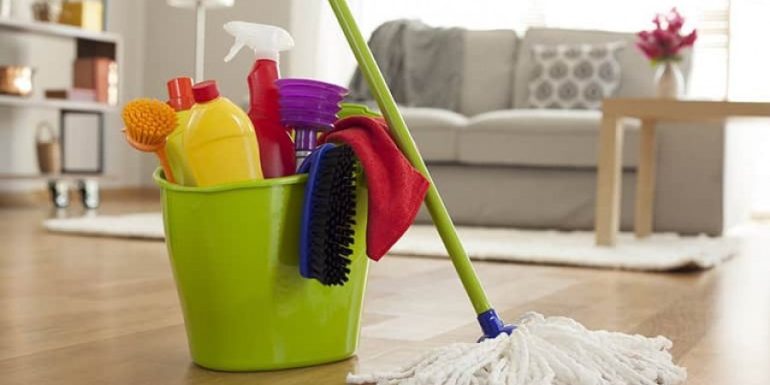Household chores, such as dusting, wiping, or mopping, may seem boring or tedious, but they can also have a positive effect on health, as they help older people stay mentally and physically healthier, according to a new report. research from Singapore.
Researchers from the Institutes of Technology and Geriatric Research of the small but highly developed Asian country, who published the relevant article in the British medical journal "BMJ Open", according to the "Guardian" analyzed data on 249 people aged 21 to 64 and 240 people 65 up to years that were randomly selected and subjected to cognitive as well as physical tests to assess their mental and physical health. In a larger percentage, regardless of age, the household chores were done by women.
The analysis showed that older adults who often did heavy housework (averaging 131 minutes a week) performed 8% to 14% better on cognitive tests than those who did little or no such work.
For those who often did light household chores (averaging 902 minutes per week), scores on cognitive tests (eg attention) and memory tests were on average 5% higher than those who spent less time. in such jobs (89 minutes per week on average).
The researchers concluded that regular physical activity within the household "improves physical and mental health, mitigates the risks and effects of chronic diseases, as well as reduces falls, immobility, dependence on others and mortality of the elderly." ». As they pointed out, the main message is that the health benefit does not come only from physical recreational exercise outside the home, e.g. in gyms or sports venues, but even from the "chores" of the house.
On the other hand, as Jill Livingston, a professor of geriatric psychiatry at University College London (UCL), points out, the Singapore study is interesting, but elderly people who are not in very good health are unlikely to be particularly concerned about it. household, therefore they are not expected to reap any similar benefit.
